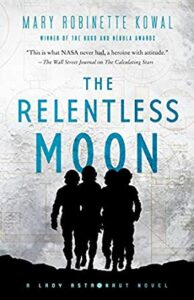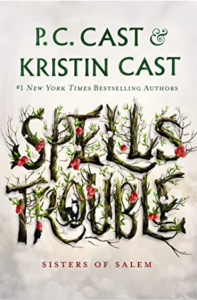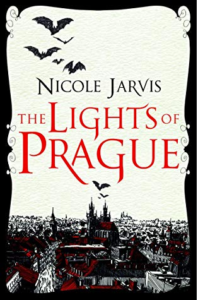Gosh, there are about as many creative contributors — writers, artists and letterers — as there are characters in this slender tho thoroughly amusing collection of vignettes revolving around the thirteen human members of the Loud family and their many friends and intimates. I feel a little bad not being able to list all the contributors, but since they go by the collective name The Loud House Creative Team on various shop/marketing pages, I’m not beating myself up too much over it.
 It’s actually pretty impressive that such a large team can keep the tonal quality of this book so even (credit to the editor, Jeff Whitman!) tho it helps that the vignettes hopscotch between the diverse family units from one chapter to the next. If anything, the book’s structure is reminiscent of the Archie comics I read as a kid, that I rarely looked at the credits for. It also helps that this book ties into the Emmy-winning Nickelodeon cartoon, and displays all the hallmarks of your standard Nickelodeon show: bright colors, slapstick humor and a refreshing willingness to embrace diversity. The vignette with the picnic food was one of my favorites, in large part due to the delicious diversity of the food on display.
It’s actually pretty impressive that such a large team can keep the tonal quality of this book so even (credit to the editor, Jeff Whitman!) tho it helps that the vignettes hopscotch between the diverse family units from one chapter to the next. If anything, the book’s structure is reminiscent of the Archie comics I read as a kid, that I rarely looked at the credits for. It also helps that this book ties into the Emmy-winning Nickelodeon cartoon, and displays all the hallmarks of your standard Nickelodeon show: bright colors, slapstick humor and a refreshing willingness to embrace diversity. The vignette with the picnic food was one of my favorites, in large part due to the delicious diversity of the food on display.
Our main character is Lincoln Loud, who lives with his five older sisters and five younger sisters, along with two parents and an assortment of family pets. An introduction helpfully describes each of these characters, as well as the Santiago-Casagrande families, the Chang family and Par, the produce delivery guy for the Mercado run by the Casagrandes. I was a little worried that I’d have to remember each of these twenty-nine characters in order to enjoy the book, so was pleasantly surprised that that was not the case, as the humorous vignettes definitely give enough context for who’s who and demand only a passing familiarity otherwise in order to get the jokes they’re telling. Perhaps my favorite of the tales was the saga of the grape popsicle, which everyone knows is the best of all the flavors. Apart from being highly relatable, it also showed off most of the Loud family members as the kids competed for the single grape popsicle that comes in the jumbo-sized box.







